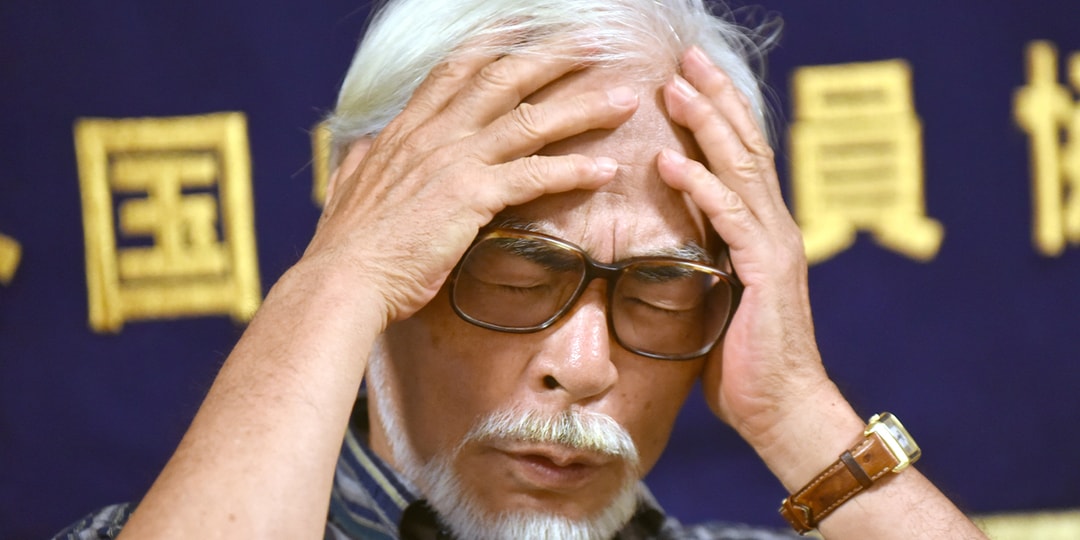Self Esteem Opens Up About Her Journey and New Album 'A Complicated Woman'

In a captivating performance at London's Duke of York's Theatre, celebrated pop singer Rebecca Lucy Taylor, known as Self Esteem, introduced her new album with a blend of humor and raw honesty. The opening lines of her latest work strike a chord: "If I'm so empowered, then why am I such a coward?" This lyrical introspection sets the tone for her artistic exploration of female identity and self-worth.
As she took the stage, Self Esteem was introduced with a tongue-in-cheek remark, highlighting her journeys through the music industry. "Please be upstanding for the world's most confusing House of Games contestant and Bake Off failure, Self Esteem!" The audience chuckled as the off-stage voice encouraged them to capture the moment through photos and videos, alluding to her unique approach to performance and the need for visual documentation in todays social media-centric world.
Self Esteem's rise to fame began with the release of her second album, Prioritise Pleasure, three years ago. This body-shaking anthem of female empowerment challenged societal norms while admitting her vulnerabilities. One lyric poignantly expressed her struggles: "Sexting you at the mental health talk seems counterproductive." After a decade spent with the indie band Slow Club, her solo career took off, leading to magazine features, nominations for prestigious awards like the Mercury Prize and Brit Awards, and even a support slot for Adele. A memorable appearance on Celebrity Bake Off, where she humorously burned her crumpets, also marked this milestone. Reflecting on the impact of her previous album, she noted, "The week that Prioritise Pleasure came out, my whole life changed. Not financially or in terms of fame, but it's like there was a knot in my stomach that untied." However, this newfound success came with pressure, as fans and industry insiders eagerly anticipated a follow-up.
Self Esteem's forthcoming album, A Complicated Woman, releases on Friday. In preparation, she took to the West End stage for the first live performance of the album. However, the process of bringing her vision to life proved to be a grueling experience. "It was horrible, lonely, and painful," she confessed in a phone interview the following morning. Describing the pressure to meet expectations, she said, "The music industry is like, 'You've got 10 minutes, then you're over,' which made me feel I had no choice but to commit to another record." Despite the emotional turmoil, the joy of performing reignited her passion: "As painful as it was and as dark as it got, the second I'm back on stage performing it, I'm like, 'Oh, this is why I love it.'"
Beyond simply releasing an album, Self Esteem has crafted a bold and theatrical experience to accompany her music. The performance takes place in a minimalist set that resembles the community center in Rotherham, where a young Becky first learned to tap dance. During this show, an older version of Becky reflects on her life at 38, grappling with the reality of adulthood. The narrative begins with a group of 10 dancers, clad in austere attire reminiscent of The Handmaid's Tale, whose movements evolve from rigid to expressive as they embody the emotional liberation from toxic relationships. "We start in that world where we're shackled, and then we exorcise it," Taylor explained. This transformative journey reflects her own struggles with societal norms and expectations.
Launching an album with a four-night theatrical residency is indeed unconventional. The audience, initially unfamiliar with the majority of the songs, faced a dilemma: should they absorb the performance or join in the celebration? Laughter erupted at various points, revealing the humor in Taylor's sharp lyrics. "Every time people laugh, my heart sinks," she admitted, grappling with the duality of her work. "But then I'm like, the lyrics are funny, arent they?" By the end of the night, the audience had shed their inhibitions, rising from their seats to create a cacophony of support. Taylor's intention to foster solidarity through her music was successfully realized.
While A Complicated Woman retains the fierce and poignant themes of its predecessor, the compositions were crafted with larger venues in mind. Taylor shared her aspiration to create anthems reminiscent of Elbow's "One Day Like This," noting her desire for her music to feature in World Cup montages. "I was very inspired by trying to make it onto World Cup montages. That's a genre of music that I really, really enjoy," she enthused.
Yet, the album goes beyond mere stadium-ready hits. It delves into the complex emotions of a woman navigating her mid-30s. For instance, her recent single "69" serves as a vivacious exploration of her sex life, drawing parallels to Madonna's Justify My Love but infused with a candid honesty. Taylor humorously detailed, "It's an idea I had for ages, of listing sex positions and scoring them. But there's a more political element, as women still aren't saying what they want in the bedroom." Amidst this playful narrative lies a serious message about female empowerment and sexual expression.
Among the album's standout tracks is "The Curse," a powerful ballad reflecting on using alcohol to cope with anxiety. Taylor believes it's potentially her best work to date. However, her personal favorite is "In Plain Sight," a collaboration with South African artist Moonchild Sanelly, which addresses the backlash they both faced for their outspoken natures. "The world is saying who I am, but I thought I knew myself all these years," Sanelly raps, expressing a sentiment Taylor deeply resonates with. The pressures of public scrutiny have affected her profoundly, leading her to moments of doubt about her career. "There were moments where I considered giving up, which shocked me because I've been this defiant, angry thing for so long," she shared, acknowledging the toll of external criticism. "But over the last few years, Ive definitely had feelings of protecting myself and shutting up. If I can find a way through, then I hope the rest of the world can too."
The performance culminated in a celebration of female solidarity, as Self Esteem and her backing singers united in a conga line, embodying the very essence of community and empowerment that she strives to convey through her music.




























